Forced displacement
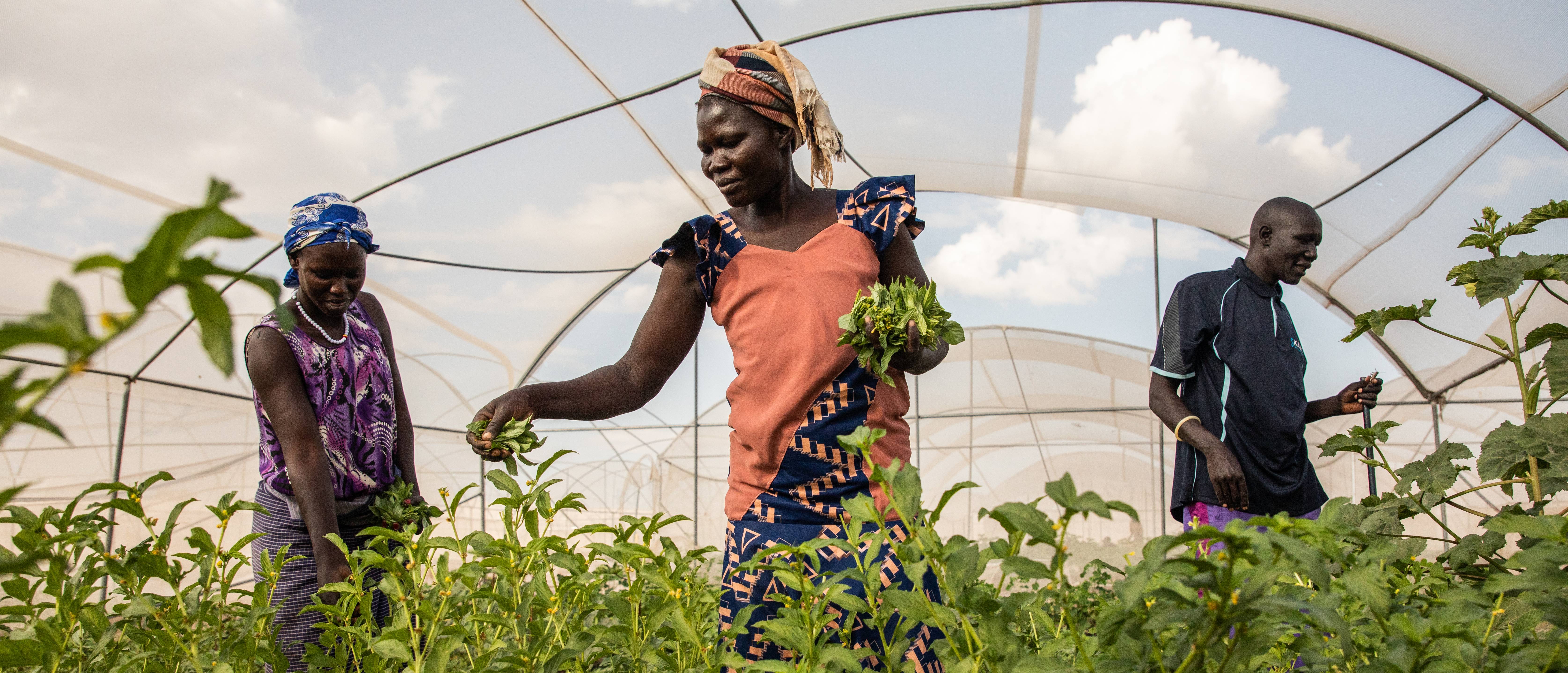
The increasingly protracted nature of forced displacement calls for sustainable and durable solutions. Amidst the many challenges of protracted crises, FAO is exploring new ways to work across the humanitarian-development-peace nexus to not only meet the immediate needs of forcibly displaced people and their hosts, but to also seek long-term solutions. Globally, FAO is working across key forced displacement contexts to support refugees, internally displaced persons (IDPs), returnees and host communities in protecting and rebuilding their livelihoods, enhancing their self-reliance and fostering inclusion, gender equality and social cohesion at the community level.
With the average duration of displacement currently estimated at 20 years for refugees and more than a decade for IDPs, FAO understands that programming in forced displacement settings must go beyond humanitarian assistance and work towards longer-term development and sustainable peace. Building the resilience of displaced and host communities can simultaneously respond to humanitarian, development and peace goals. Humanitarian and peace responses can achieve sustainable results only if individuals, households and societies are resilient to conflict, climate change and other interrelated shocks. FAO thus works with communities and governments to manage crises and adapt to climate change, minimize it’s negative effects and establish the foundations on which to build pathways to peace and recovery. Longer-term solutions can be ensured only if individuals, households and societies have the ability to prevent these external shocks from disrupting ongoing development progress. For these reasons, resilience building is at the centre of FAO’s work in forced displacement contexts.
News
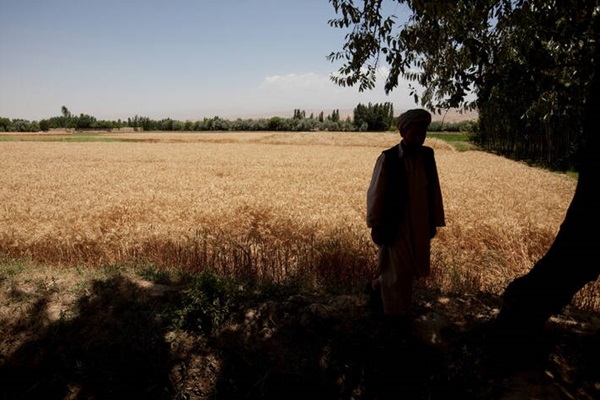
News
Afghanistan: FAO appeals for $36 million to urgently save rural livelihoods and avoid massive displacement
13/09/2021
Director-General QU Dongyu stresses that time is of the essence in address to UN High-level Ministerial Meeting on the Humanitarian Situation in Afghanistan

News
Famine relief blocked by bullets, red tape and lack of funding, warn FAO and WFP as acute food insecurity reaches new highs
30/07/2021
Efforts to fight a global surge in acute food insecurity are being stymied in several countries by fighting and blockades that cut off life-saving aid...

News
Communities host displaced people and share farmland to fight hunger in Cabo Delgado
29/03/2021
After their house was burned down, Abdul Selemane (44), his wife, two kids and mother fled Mocímboa da Praia, one of the districts most affected by...
Publications
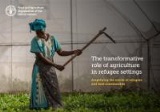
Publications
The transformative role of agriculture in refugee settings
11/2023
Forced displacement has reached a scale not seen since records began. It has not only increased to an unprecedented level, but so too has its average...
.tmb-th600x450.jpg?Culture=en&sfvrsn=8f7c6871_1)
Publications
Building durable solutions for refugees and host communities through inclusive value chain development in Uganda
11/2023
A comprehensive agricultural livelihoods approach in Kiryandongo Refugee Settlement
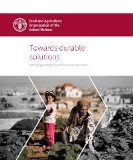
Publications
Towards durable solutions
11/2023
This brochure provides an overview of FAO’s work in forced displacement contexts.
Multimedia
Video
Prisca’s story: agricultural livelihoods change lives for refugee and host communities
20/06/2023
Prisca left South Sudan in 2017 along with 668 000 people, mostly women and children, to find a place of refuge for her and her family.
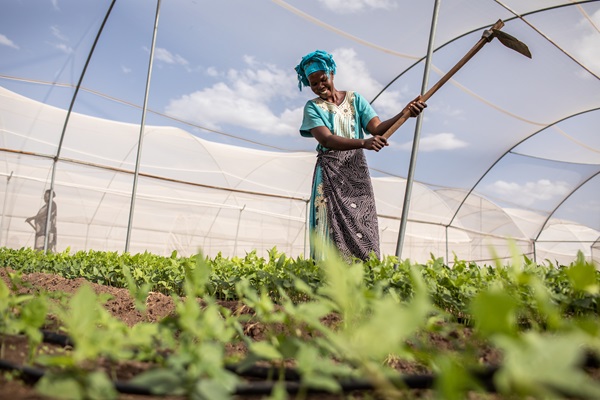
Photo collection
Uganda and Kenya: Fostering refugees’ inclusion and self-reliance to promote peace and contribute to social cohesion
04/08/2022
View this photo gallery on Flickr
Video
Mary’s story: Investing in agricultural livelihoods to support refugee and host communities
02/10/2023
Mary left South Sudan to find a place of refuge. She eventually settled in the Kalobeyei refugee settlement, Kenya. Kenya is home to large refugee populations...
